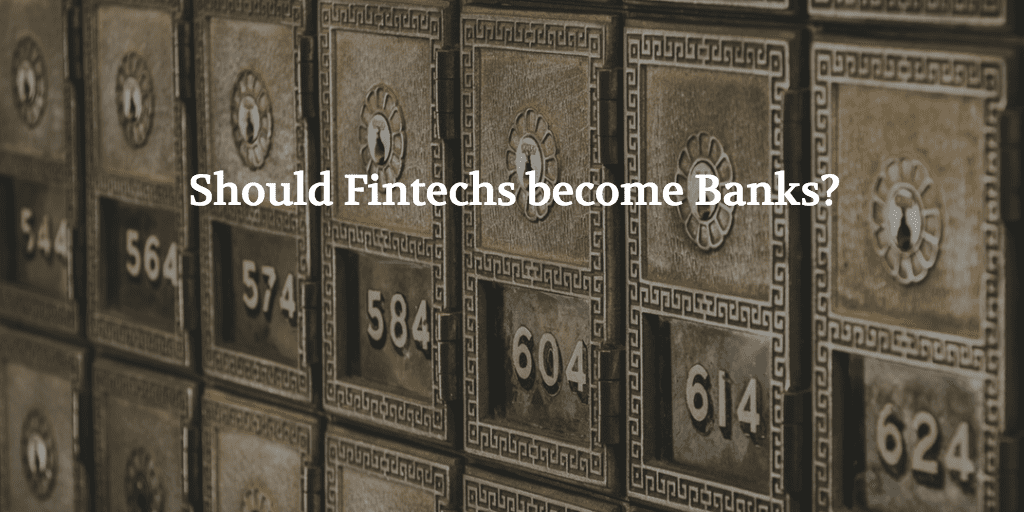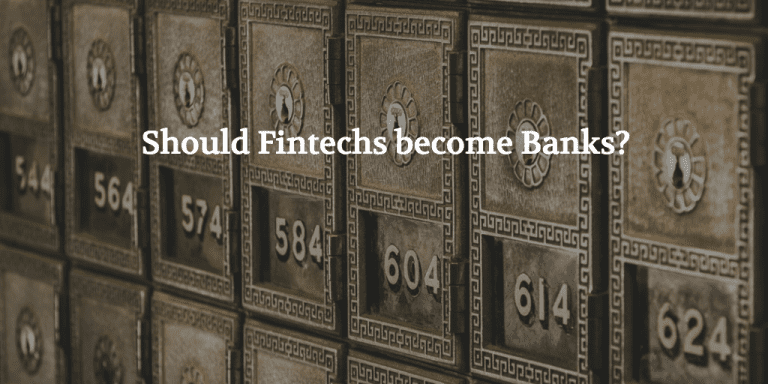
[Editor’s note: This is a guest post from Alex Cooper, Founder and CEO of Rezzcard. Alex is a fintech innovator and social impact entrepreneur focused on delivering financial services through technology to promote financial inclusion.]
I recently attended the MPL Summit in Washington DC. It was the first ever policy conference for the Marketplace Lending (MPL) Industry hosted by Boston University Center for Finance, Law & Policy and Cross River Bank. The goal of this inaugural event was to create a dialog and consensus among industry participants including online lenders, banks, consumer advocates and regulatory agencies. The desired outcome is a framework that would lead to best practices and proposed guidance to regulators for supporting responsible innovation in marketplace lending.
I am fascinated by the MPL industry, how fast it has grown, its dynamism in creating new lending models and ability to leverage the capital markets to fill the void in the consumer and small business lending sectors.
I was surprised by two things I observed at the MPL summit. First, only three banks were in attendance including the host organization. Second, one of the main federal banking regulators, the Office of the Comptroller of the Currency (OCC) and its leader Thomas Curry, announced that that they were exploring the possibility for granting limited-purpose bank charters to fintech companies engaged in banking activity. In his remarks, Curry said;
If a firm merited a federal bank charter, the question would be resolved as it would be squarely under the primary federal supervision of the OCC…. Some have suggested that federal charters could ensure that fintechs engaging in banking activity receive rigorous, bank-like federal regulation and ongoing supervision.
The following link will give you access to the full text of his remarks.
The talk of regulating fintechs has been in the air for a while. In fact, fintechs are subject to a myriad of regulations, the same as banks or other companies that lend money or are in other money service businesses. But making them federally regulated through a bank charter, in my opinion that’s a bombshell!
When I started my first payments company back in the mid-1990s before the term “fintech” was coined we instantly had to tip toe through murky regulatory waters. Our motto was “ask for forgiveness, not permission”. This did not mean we intended to or did break any laws or banking regulations. But the presumption was that if we simply wrote letters to state banking departments or federal agencies the answer we got back, if any , would be no, or they would need to study it further. Then and now, there is a lot of grey area in all the state and federal statutes that touch upon the financial services industry. As a startup, seeking to be innovative and create disruption with not a lot to lose it made business sense to take measured risks and to push both the regulators and industry ahead. My own fintech startup became the first non-bank to apply and get licensed as a money-transmitter in New York state. Eventually we were licensed in 40 states and had the pleasure of state banking departments auditing the company on almost a weekly basis.
Therefore, I can truly appreciate and empathize with the desire of some of the fintechs I met at the MPL summit to have a federal agency step in to create a uniform set of rules. There are certainly benefits such as; no need to apply for licenses state by state or have large internal compliance staffs and outside experts to keep on top of all federal and state statues. Also, being able to export your interest rates and lending practices uniformly across all geographies is a big benefit. Sounds great if it were that simple.
I mentioned before that few banks attended the event. The fact is there are only a few banks that are supporting the MPL industry as a whole and it does not include any major money center banks. Why have the banks largely stood on the sidelines? In a research report, PWC 2016 Global Fintech Survey, regulatory risk was cited as one of the top concerns of both fintech companies and traditional financial services companies in forming partnerships or otherwise doing business with each other. A federal bank charter and regulation will not make this issue disappear.
Banks can operate uniformly in all 50 states due to the legal principle of federal pre-emption. Yet, they are hesitant to enter new waters when it comes to marketplace lending because of the uncertain regulatory framework. It is not only because of the new powers of the CFPB to regulate and enforce consumer protection in every aspect of financial services. Traditional regulators are still scrambling to untangle each new financial innovation. Also, there is question about whether the federal charter will preempt state consumer protection laws. Essentially, the complexity of navigating the legal spaghetti code of state vs federal regulations will still exist.
As referenced in the title of their recently published whitepaper; Supporting Responsible Innovation in the Federal Banking System: An OCC Perspective, Comptroller Curry wants “responsible innovation”. Innovation that protects consumers yet helps foster financial inclusion by providing credit to more underserved Americans. One suggestion by the OCC is to create sandboxes to test innovations on a small scale and counter the perception that it has a “low-risk tolerance for innovative products”. It is well intentioned to call for regulations that encourage innovation. However, given the glacial speed of federal law making in the current political climate, I have great difficulty seeing how our government can really get ahead of the curve on the technology and marketplace requirements.
My final concern about chartering fintechs is that it will raise the bar too high. As reported in American Banker on August, 19 2016.
“If there is a national charter, it won’t be easy to get it,” said Jo Ann Barefoot, a consultant who has worked on this issue with both fintech companies and regulators. And, she added, “It’s going to be a select group of fintechs that will apply for it.”
Getting a federal bank charter is just one pathway to regulatory compliance. While it would not be a prerequisite for a fintech to conduct business, I am concerned that the charter becomes a barrier to entry. Its ok for the larger, established companies who have the resources, like OnDeck, Prosper, SoFi, to go through this costly and lengthy process. But it will act to stymie innovation, rather than encourage it, from the smaller resource constrained startups. In the end the bigger players always have the option to acquire a bank, much like the fintech startup, Green Dot Corporation, did in the prepaid card industry.
Again, alternative paths already exist. Much like my own startup did many years ago, every day fintechs get money transmitter licenses and lending licenses issued by state banking departments. They are subject to rigorous examinations and financial requirements as well federal anti-money laundering (AML) laws. Even with these licenses, fintechs must still work hand in hand with banks and other financial institutions to verify account data, process payments, hold consumer funds, and provide the customary assurances and protections that consumers would expect in any financial transaction.
By necessity banks are compliance machines. Their viability and success relies as much on their ability to manage financial and legal risk as it does on business strategy and execution. Is turning a fintech into the same type of risk-adverse, legal compliance organism really the best approach for fostering innovation in financial services? You could argue that it has come to that already. But I would proffer that a regulatory framework that encourages a more symbiotic relationship between fintechs and banks is a better way to go.


